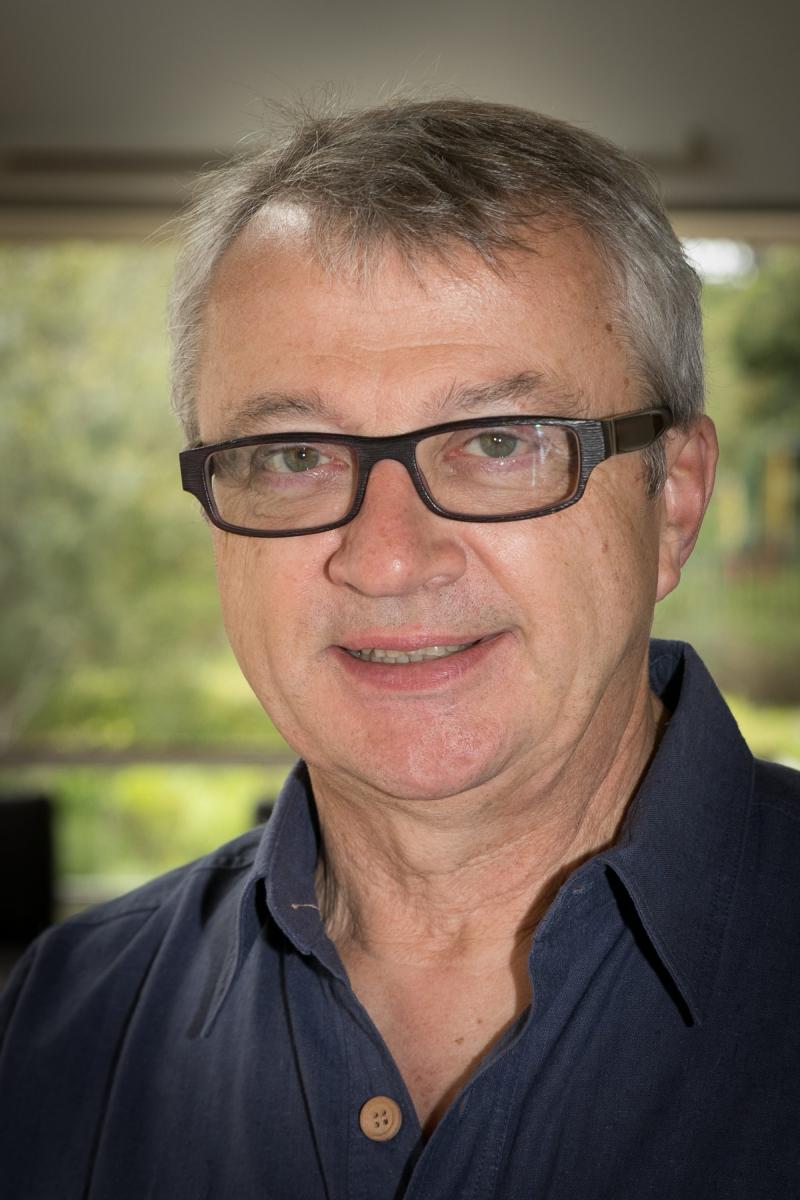Guy Dumont
The University of British Columbia
Seminar Information

Karl Åström once famously called automatic control the hidden technology In recognition of the fact that despite Its pervasiveness, It Is rarely mentioned. Control ls Indeed a critical component of so many technologies used in Industry and In our everyday life. In this talk I want to Illustrate the broad reach of control engineering through applications I performed over the last forty years. In the process Industries, I have developed and Implemented adaptive control of rotary kilns for the production ofTIO2 pigments, robust cross-directional control of paper machines, adaptive control of continuous digesters, dual adaptive control of wood-chip refiners, and paper coating. I have developed a general purpose adaptive controller based on Laguerre functions, that has been applied to the control of processes for the production of lime, glass, oil and gas, food and beverage. For the last two decades, working In close collaboration with clinicians I have focused on biomedical applications especially in critical care and automated intravenous anesthesia. Over the last year, COVID-19 has presented a challenge to the public health authorities. By representing control of COVID-19 explicitly In a feedback framework, transparent and effective public health policies can be systematically designed and rigorously analyzed, replacing ad-hoc policies. This requires us to work closely with epidemiologists and public health experts. Through this talk, I want to Illustrate the breadth of control applications and the sense of excitement a career In control can bring particularly when working in a multidisciplinary environment. I have been at it for some 45 years and still feel as passionate about my work as when I started, and I hope to convey this passion to our younger colleagues. We bring a unique perspective and have much to contribute to society at large, It Is time to come out of hiding!
Prof. Guy A. Dumont received the Dlpl. Ing. degree from Ecole Nationale Superlevure d'ArtS et Metiers, Paris, France, In 1973, and the Ph.D. degree In electrical engineering from McGill University, Montreal, QC, Canada, in 1977. He was with Tioxide, France, from 1973 to 1974, and again from 1977 to 1979. He was with Paprlcan from 1979 to 1989, first In Montreal and then in Vancouver. In 1989, he joined the Department of Electrical and Computer Engineering. The University of British Columbia, where he Is a Professor and Distinguished University Scholar. From 2000 to 2002, he was the Associate Dean, Research for the Faculty of Applied Science Since 2008 he has been an Associate Member of the UBC Department of Anesthesiology Pharmacology and Therapeutics. He also Is a Principal Investigator at the BC Children's Hospital Research Institute and co founder and co-Director of the Digital Health Innovation Laboratory (DHIL).
His current research Interests Include patient monitoring; signal processing for physiological monitoring; physiological closed-loop control systems such as automated drug delivery In anesthesia; circadian rhythms; global and mobile health; non-contact patient vital sign assessment; and brain monitoring via electroencephalography and near-Infrared spectrometry.
Dr. Dumont was awarded a 1979IEEE Transactions on Automatic Control Honorable Paper Award; a 1985 Paprlcan Presidential Citation; a 1990 UBC KIiiam Research Prl1e; the 1995 CPPA Weldon Medal; the 1998 Universal Dynamics Prize for Leadership In Process Control Technology; the IEEEControl Systems Society 1998 Control Systems Technology Award; three NSERC Synergy Awards, the latest one In 2016 for the development of the Phone Oximeter; the 2010 Brockhouse Canada Prize for Interdisciplinary Research In Science and Engineering. In 2011-12, and again In 2018-19, he was a UBC Peter Wall Distinguished Scholar In Residence. In 2020 he was awarded the IEEE Control Systems Society Transition to Practice Award. He has been a Fellow of the IEEE since 1998, and In 2017 he was elected a Fellow of the International Federation of Automatic Control as well as a Fellow of the Royal Society of Canada.
